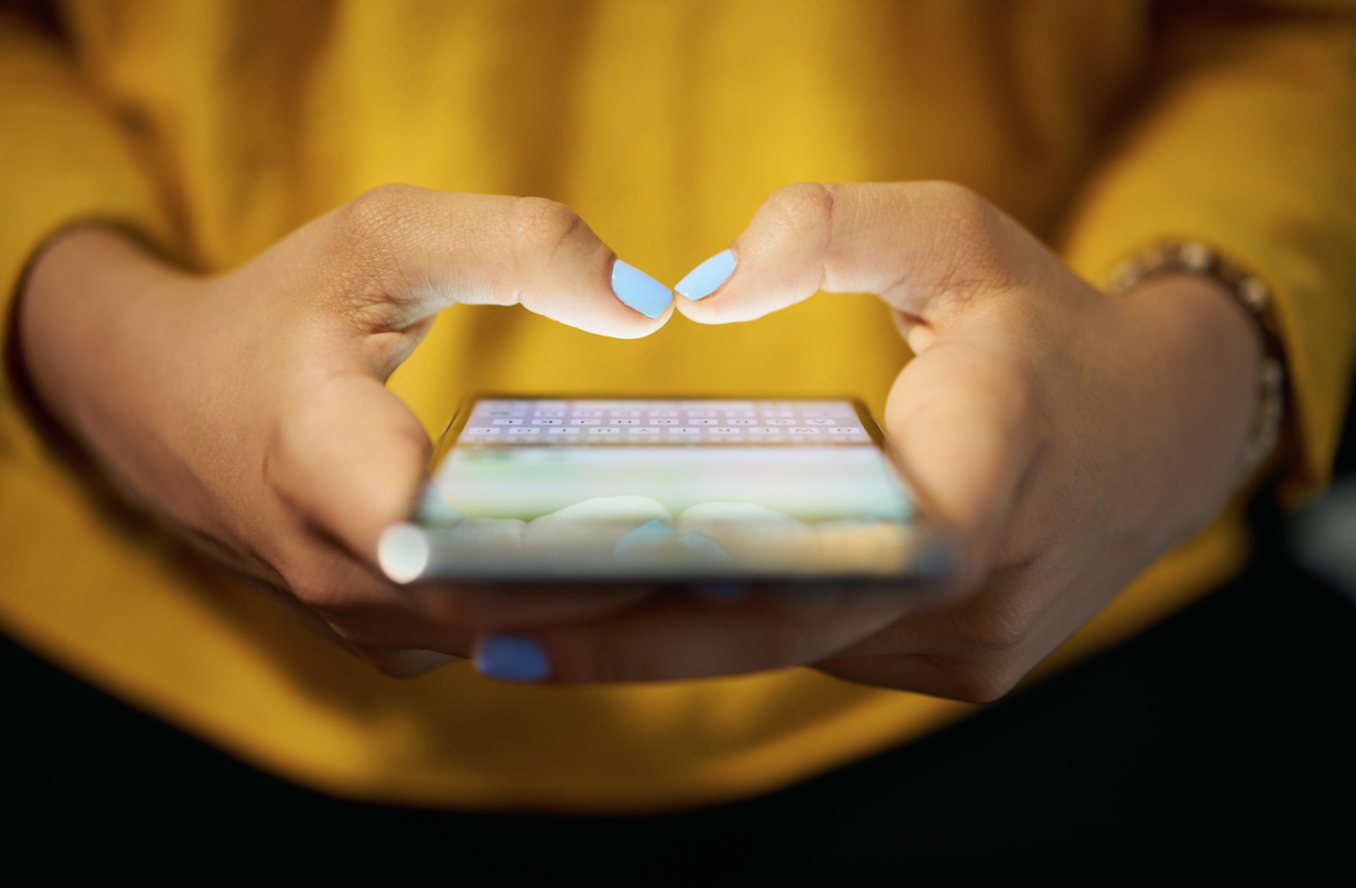Publisher’s view: Going to the dogs
 Full disclosure: I’m not a psychologist nor did I love science in school. Lab rats? Eww. But by observing the rats in my house (OK, they’re my kids) and their propensity for electronics of many kinds, I am concerned that we, as a society, are on the fast track to The Far Side comic’s version of Hades—one where we sit in a room and stare at our phones all day with fire nipping at our knickers.
Full disclosure: I’m not a psychologist nor did I love science in school. Lab rats? Eww. But by observing the rats in my house (OK, they’re my kids) and their propensity for electronics of many kinds, I am concerned that we, as a society, are on the fast track to The Far Side comic’s version of Hades—one where we sit in a room and stare at our phones all day with fire nipping at our knickers.
I’ve already checked my phone once in the writing of the above paragraph.
No, I don’t think smartphones are the work of the devil. And I love that I can text you this morning and probably get a response back from you by this afternoon. If I don’t hear back from you by tomorrow, I will assume you are angry with me or possibly dead. Then I will text you in all caps to get your attention. So really, constant communication is a way to show that I care and others care about me. All the time. It’s fantastic. My phone sometimes buzzes so frequently I think it will buzz right off the table.
It’s Pavlov’s dog.
In case you need a refresher course on the Pavlov’s dog theory, I Googled it for you. Put down your phone. During the 1890s, Russian physiologist Ivan Pavlov looked at salivation in dogs in response to being fed. Whenever he gave food to his dog, he also rang a bell. After several repeats of this test, Pavlov tried the bell on its own. You guessed it—the bell on its own now caused an increase in salivation in the dog. It was deemed classical conditioning.
It was also a bit slobbery. It’s why I don’t like science.
But you can’t deny the facts. We have allowed ourselves to be classically conditioned to the buzzing of the phone. Or the gathering of Likes on Instagram or Facebook. It’s endorphins, it’s dopamine, and it’s an adrenaline rush like no other.
Recently, 60 Minutes correspondent Anderson Cooper met with former Google product manager Tristan Harris, who maintains that Silicon Valley programmers are engineering our phones and apps to make us check them more and more. Sounds like a conspiracy theory. Sounds mean, and Big Brother-ish, and creepy. But it’s really just for advertising purposes, people. It’s not about you, it’s about them.
“Snapchat, in all of its little content, knows exactly what you’re looking at and exactly how many seconds you looked, when you clicked away, and they’re meticulously recording every behavior you’re performing,” says Ramsay Brown, a co-founder of the startup Dopamine Labs who has a background in neuroscience. He says that these companies are delivering your likes and dislikes to advertisers and other companies to improve content and entice you to buy more.
Search once for a new pair of strappy wedges on Zappo’s, and an ad for those shoes will show up next to your Facebook feed. I’ve seen it happen. I am being tracked.
Don’t get me wrong—I’m tracking others as well. I go to post a photo of my kids and I get distracted by images of a friend’s recent trip to Cozumel, which makes me check out the menu of the restaurant where she ate in case I ever go to Cozumel, and the next thing I know I’ve searched TripAdvisor for best places to stay and top 10 things to do on that island and I’ve forgotten my original intent altogether. I’ve wasted 45 minutes, and now I have travel envy.
OK, OK, OK. Maybe smartphones are the work of the devil.
But what to do?
Here are a few thoughts from Dr. Larry Rosen, co-author of The Distracted Mind: Ancient Brains in a High-Tech World:
PUT DOWN YOUR DAMN PHONE. Just kidding. Rosen didn’t write that. That’s my advice. What Rosen suggests is to turn the “vibrate when silent” option off so that every time you get in a group text that lasts for two days you won’t lose your mind. Check messages every 30 minutes, not every time you receive alerts. You aren’t a dog, you know. And don’t sleep with your phone next to you. Buy a cheap alarm clock instead and find out important news like Kim Kardashian’s latest post in the morning.
These are just a few suggestions to help you be more present and mindful and thoughtful. It’s putting the phone in your purse during lunch with a friend, or leaving it at your desk when you have a meeting in the boardroom. It’s driving with both eyes on the road and eating with good manners. Not being distracted makes the meal and the conversation infinitely more appetizing.
Makes me salivate just thinking about it.










